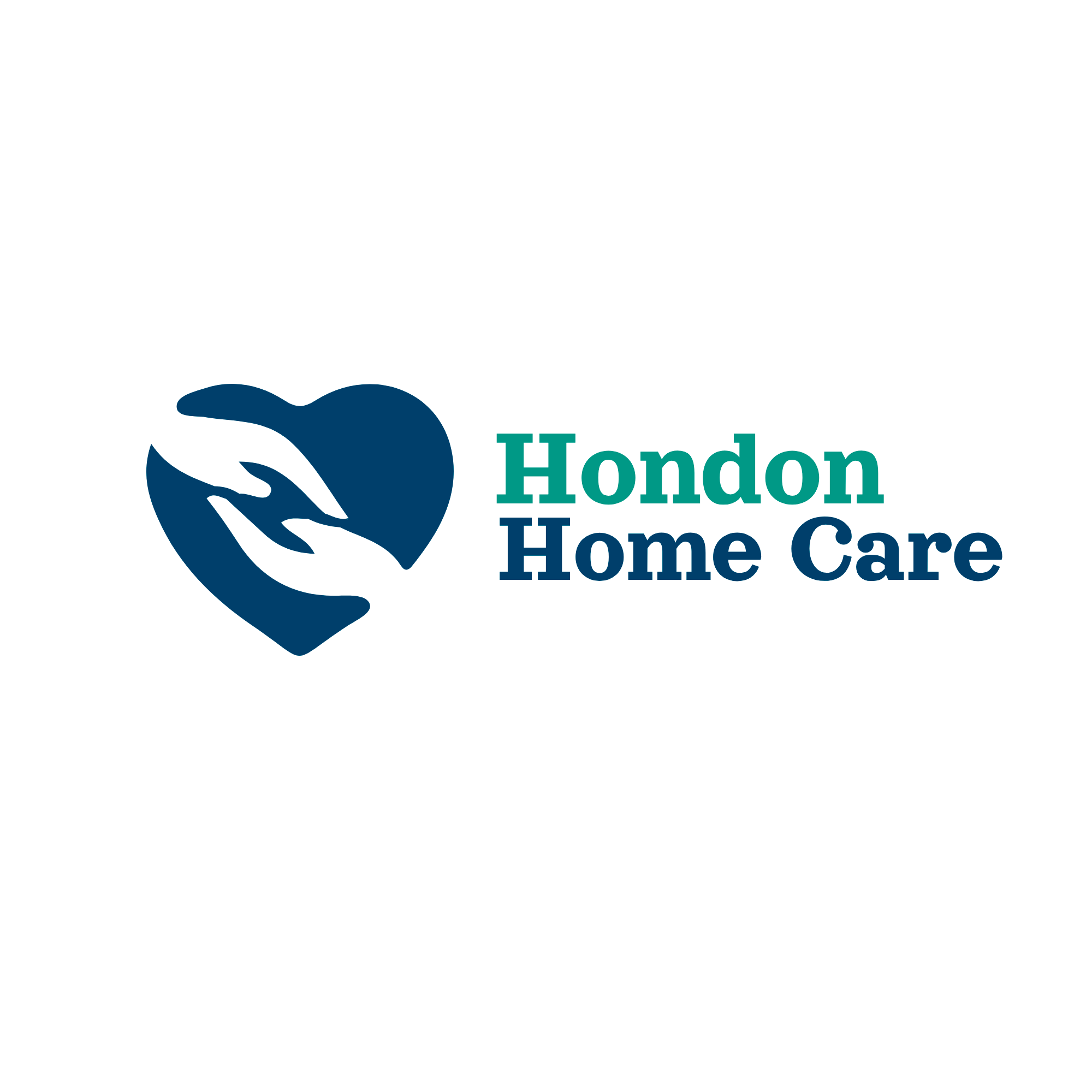Addictions and harmful substances are highly relevant topics in the field of public health and individual well-being. Below, I provide general information on these topics:
Addictions
An addiction is a chronic, relapsing brain disorder characterized by the compulsive seeking and use of substances or activities, despite negative consequences for health, personal relationships, and life in general.
Types of Addictions
Substance Addictions: These include the use of legal and illegal drugs, such as alcohol, tobacco, cocaine, heroin, cannabis, etc.
Behavioral Addictions: These involve compulsive behaviors such as gambling (pathological gambling), internet use, compulsive shopping, sex, etc.
Common Symptoms
Tolerance: The need to increase the amount of the substance or the frequency of the activity to achieve the same effect.
Withdrawal Syndrome: Physical and emotional symptoms that occur when consumption or the activity is reduced or stopped.
Loss of Control: Inability to reduce or stop consumption or the activity despite attempts.
Negative Consequences: Health problems, deterioration of personal relationships, work or academic difficulties.
Harmful Substances
Harmful substances are those that, when consumed, can cause physical, mental, or emotional harm. These substances can be legal or illegal, and their impact varies depending on the amount, frequency, and method of consumption.
Types of Harmful Substances
Alcohol: Affects the central nervous system, causing disinhibition, coordination problems, and, in the long term, liver and heart disease.
Tobacco: Contains nicotine, which is highly addictive, and other chemicals that can cause cancer, respiratory diseases, and cardiovascular disease.
Illegal Drugs: These include cocaine, heroin, methamphetamines, etc., which can cause addiction, overdose, and a variety of health problems.
Prescription Drugs: Medications such as opioids, benzodiazepines, and stimulants can be addictive if used inappropriately.
Cannabis: Although legal in some places, excessive use can affect memory, concentration, and mental health.
Short- and Long-Term Effects
Short-Term: Mood swings, impaired coordination, memory problems, etc.
Long-Term: Chronic illnesses, cognitive impairment, mental health problems, addiction, etc.
Prevention and Treatment
Prevention
Education: Informing about the risks of substance use and addictive behaviors.
Public Policies: Regulations and campaigns to reduce access to and use of harmful substances.
Family and Social Support: Promote a supportive and communicative environment to prevent the onset of substance use.
Treatment
Behavioral Therapy: Cognitive-behavioral therapy, group therapy, etc.
Medication: Use of drugs to treat addiction and withdrawal symptoms.
Rehabilitation: Detoxification and rehabilitation programs in specialized centers.
Ongoing Support: Support groups such as Alcoholics Anonymous (AA) or Narcotics Anonymous (NA).
Conclusion
Addictions and substance use are complex problems that require a multifaceted approach to prevention and treatment. It is essential to have the support of healthcare professionals, family members, and the community to effectively address these challenges.
If you or someone you know is struggling with addiction, it is important to seek professional help as soon as possible.




